CNIT in collaboration with 11 European partners is carrying out the Horizon2020 project called ReCRED – From Real-world Identities to Privacy-preserving and Attribute-based CREDentials for Device-centric Access Control. Started in 2015, the project aims for solving the main problems of authentication and online identity management through the use of the passwords: the password overload, referring to the inability of
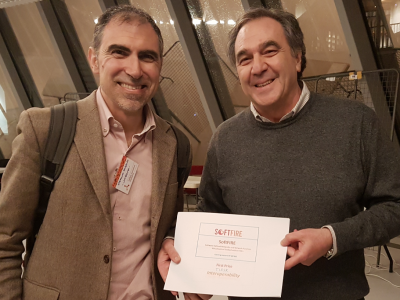
The CNIT/Roma Tor Vergata team led by Prof. Stefano Salsano has been awarded the first prize (40K€) in the “Interworking” stream or the SoftFIRE challenge (https://www.softfire.eu/open-calls/softfire-challenge/). The final evaluation of the competing teams took place during the 3rd Fed4FIRE+ Engineering Conference in Paris on March 15th. The work concerns the deployment of arbitrary overlay topologies over multiple testbeds and

European project IRIS (www.ict-iris.eu) has concluded with the delivery of a ground-breaking device based on silicon-photonic technology. The demonstrated device is a fully-integrated transponder-aggregator for metro networks, and allows switching and routing 12-channel signals from 4 directions to 8 ports. The ground-breaking aspect of the device is its size: everything is reduced to a 8×8 mm2 silicon photonic chip
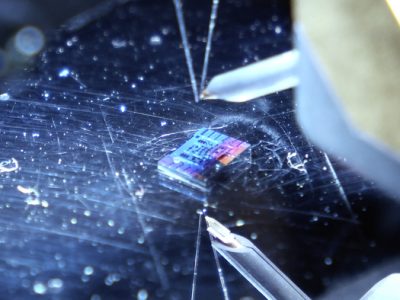
The device capable of sending complex signals on optical fibers promises to turbo the internet and telecommunications, making communications much more efficient. It is a revolution comparable to that occurred in electronics thanks to smaller and more powerful chips. Described in Nature Photonics journal, the device was born in Italy, from the Institute of Communication, Information and Perception Technologies (TeCIP) of
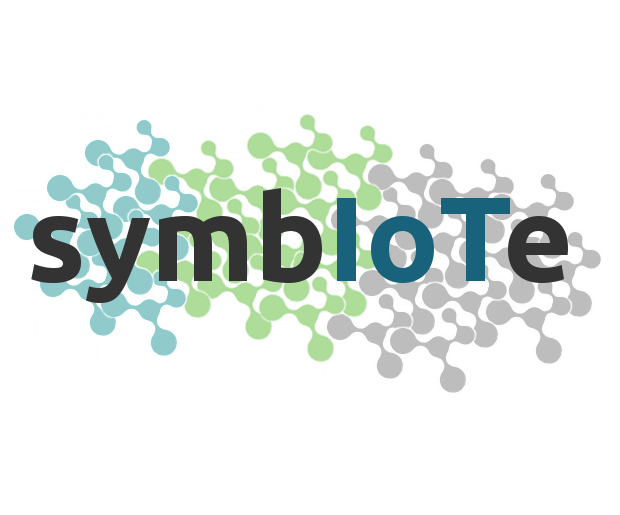
The project H2020 symbIoTe “symbiosis of smart objects across IoT environments”, in which CNIT is partner, organises the 3rd Workshop on Interoperability and Open-Source Solutions for the Internet of Things (InterOSS-IoT) in occasion of the Bilbao IoT week, co- located with the Global IoT Summit in Bilbao. The workshop is co-organised by symbIoTe and Big-IoT as part of

Roma/L’Aquila, December 1-2, 2017 Chairman Dr. Luca Potì, Head of Research Area High-Capacity and Secure Optical Communications Photonic Networks and Technologies Laboratory – CNIT Pisa Italy and Israel share their strong inclination to innovation. The two Countries have, however, different background and regulations in particular for what concerns start-up incubation, development, high quality production, venture capital and big industries
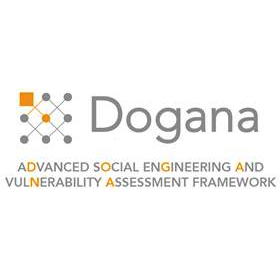
“Contraband Pixels & Texts, or… make stories, not phishing” is a literary-graphic competition on social engineering and phishing, organized by PRA Lab and CNIT (Consorzio nazionale interuniversitario per le telecomunicazioni), partner of the DOGANA project, funded under the HORIZON 2020 programme. Participants: writers and cartoonists / illustrators. Registration: registration is free and open to people residing in EU countries
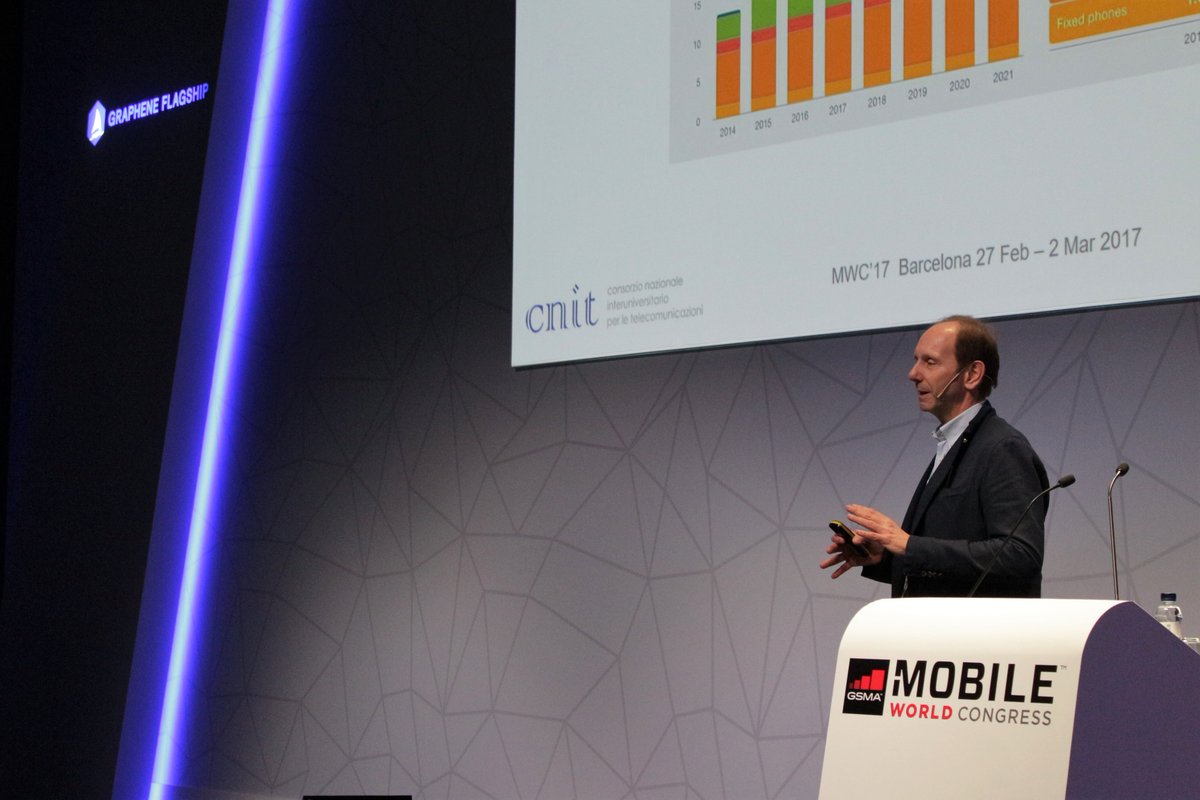
Mobile World Congress 2017 Barcellona 27 Feb – 2 Mar. Within the framework of the Graphene Flagship, CNIT (Dr. Marco Romagnoli), in collaboration with Ericsson, Nokia and IMEC, has developed graphene photonics integration for high speed transmission systems and presented a demo of a packaged graphene-based modulator operating over several optical telecommunications bands at the Graphene Experience Zone of

